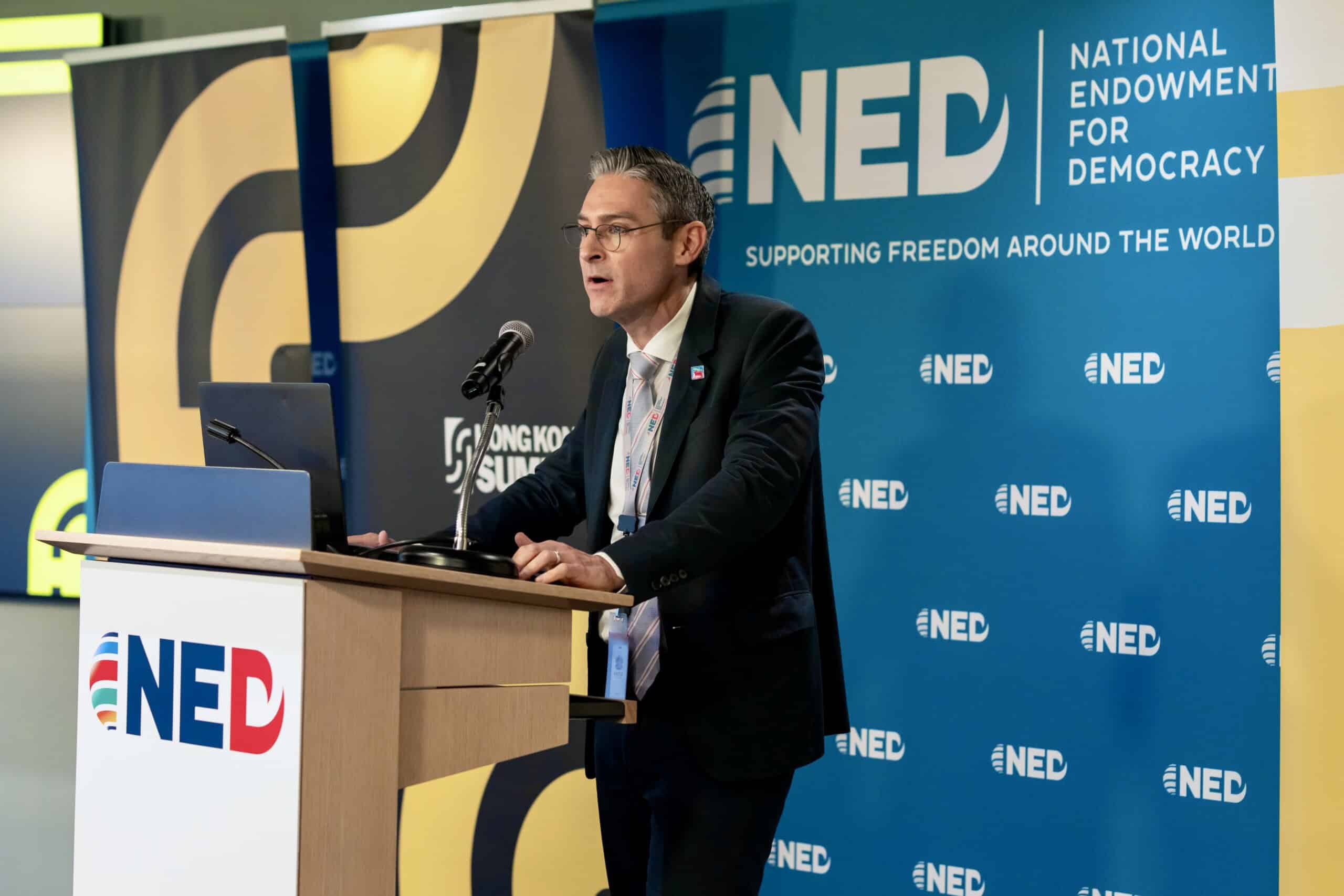An ebook collection of interviews with the American policy makers who have shaped the U.S.'s relationship with China under six presidential administrations, carried out by former Wall Street Journal senior editor Bob Davis.
Interviews include Nancy Pelosi, Robert Lighthizer, Charlene Barshefsky, Robert Gates, Ash Carter, Robert Rubin and more.


